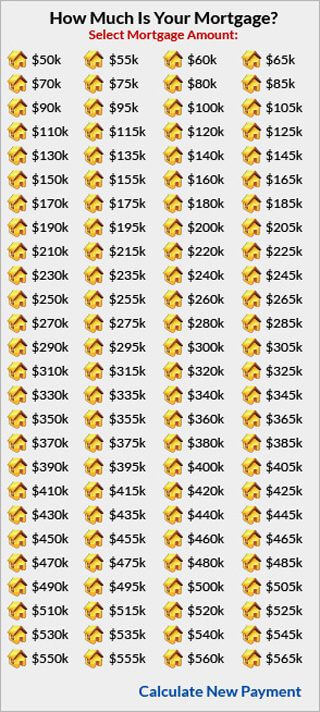Take Control Of Your Debt
Are you considering debt settlement for repayment of your dues? Ever heard of
debt settlement where you pay a one-time sum to be freed of your debts? Does
that sound too good to be true?
Well, debt settlement is a
fairly new concept in India but it is fast gaining momentum as borrowers use it
to negotiate better settlement terms with creditors or lenders. However, it
comes with its own set of risks.
A lot of people get
tempted to seek debt settlement for quickly reducing their ongoing debt
obligations. However, it’s important to note that they can end up far deeper in
debt-traps or even with an adverse impact
on the credit score.
Here, we share some useful
information on how debt settlement works and some of the risks associated with
it, so that you can decide whether it’s the right choice.
How Debt
Settlement Works?
Debt settlement is also
referred to as “debt relief”. Let’s say, you’re unable to repay an ongoing loan
due to a financial crisis like loss of job, medical emergency, etc. In such
instances, instead of letting the loan be declared as an NPA (Non Performing
Asset), you can negotiate with your lender to settle the debt.
Debt settlement involves
negotiating with the creditor for a single payment which is less than the total
amount owed. If you’re wondering why the lender would agree to settle the debt
for less than what you owe, then it’s because recovering something is better
than nothing.
While it may seem like an
easy way out of your debts, you have to remember that lenders do not extend
debt settlement to all borrowers. They go through each case thoroughly and
offer debt settlement only when the situation is genuine and the borrower is
unable to repay the loan, in any other way.
As a borrower, you can
also approach a debt settlement company to handle the negotiations on your
behalf. These companies reach out to your creditors and negotiate better
payment plans on your behalf. They help in settling or reducing your overall
debt obligations. These services come for a fee which is often a percentage of
the total amount to be settled in debt.
Benefits
of Debt Settlement
One of the main advantages
of debt settlement is that the debt owed by you can go invisible from your
creditor’s books. This helps you in planning your monthly budget and allows you
scope for remaining settlements if any.
In case you are trying to
settle a debt that has been holding a substantial proportion of your total
debt, then settling the same can buy you some peace of mind.
Your monthly payments will see a fall once the debt settlement goes through positively. It can erase a significant amount of interest and other fees accrued on the total amount owed.
Conclusion
One of the main points in
debt settlement is to clarify at the outset that you’re not in a good financial
state. Once your lender agrees to your financial situation, they may have a
better mindset to initiate the negotiations and come to agreeable terms of the
settlement.
You may be new to debt
settlement if your current financial situation is a first-time experience.
This, however, does not mean that you don’t give debt settlement a try. To make
the situation favourable for you, you must request your creditors to lower
various charges, reduce monthly payments, or have an alternative repayment
option. Debt settlement is all about how well you can negotiate better terms
with your lender to pave the way for a stress-free repayment.

